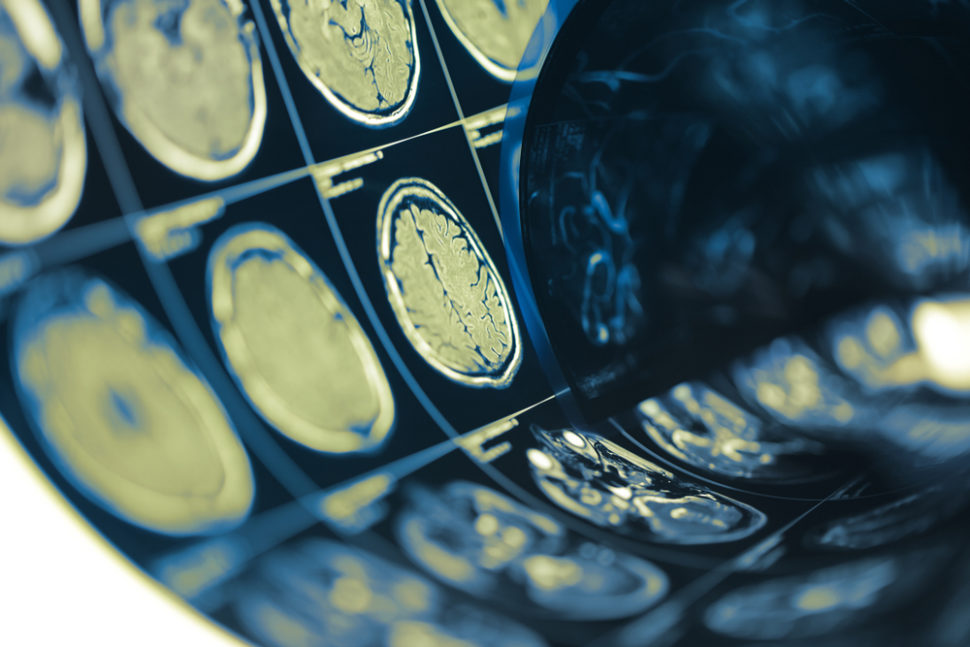Concussion is always a serious concern for athletes. This is especially true for those engaged in sports that involve high speed or collision.
According to the UMPC Sports Medicine Concussion Program, between 1.7 and 3 million people report sports-related concussions each year. From this figure, about 500,000 are football related.
Since physicians have never been able to predict the recovery time from sport-related concussion accurately, it’s always been challenging to manage. It takes about 7 to 10 days for most athletes to recover from a head injury. However, exceptional cases often require more healing time.
Just how much more time, you wonder? That’s what the researchers at Florida Atlantic University and SIVOTEC Analytics in Boca Raton are training machines to figure out.
According to their publication in the American College of Sports Medicine’s journal, machines can learn to predict the recovery time from sports-related concussions based on the symptoms. These include dizziness, headache, and fatigue.
Not only would the research enable clinicians to develop individualized treatments for athletes, but it could be the first step towards something more significant. Eventually, we could depend on machine learning models to diagnose, track, and treat various brain health issues.
Using Machines Learning To Predict The Recovery Time From Sports-Related Concussions
The researchers collected and examined data from the National Athletic Treatment, Injury and Outcomes Network (NATION) – an injury surveillance program on high school student-athletes.
From the 2,004 concussion incidents across 22 sports, they noted that over 50 percent of the concussions occurred in football. With this information, not only could they create a dataset of concussive injuries in football but in other contact sports as well.
The dataset revealed that the number of symptoms reported for every sports-related concussion incidence ranged from 0 to 17. Of these, about half of the athletes reported having five or more symptoms.
Armed with this information, the researchers analyzed the efficiency of the ten classification algorithms used in building a prediction model. Needless to say, it was very efficient.
The symptom-based prediction model provided a convenient way to estimate the recovery time for sport-related injury.
Co-author of the study Taghi Khoshgoftaar, Ph.D. noted:
“We have introduced a cutting-edge approach and new clinical tool to manage sports-related concussions, which will measurably improve with more and more inclusive data.”
An ability to accurately estimate the recovery time of sports-related concussions will enable clinicians to provide adequate care and manage athletes’ expectations.









Comments (0)
Most Recent